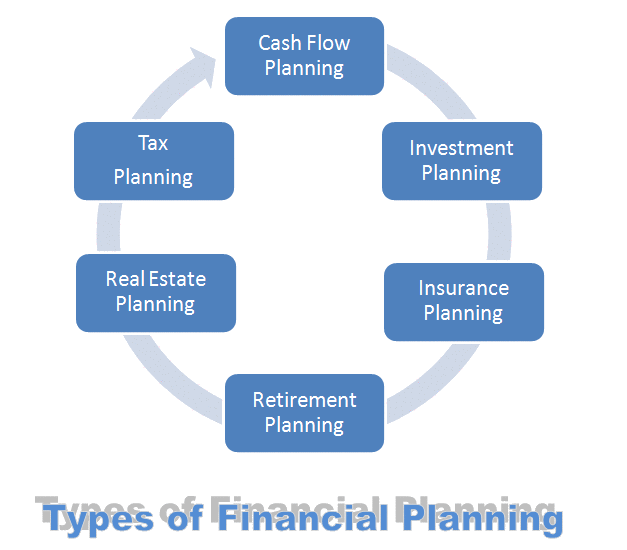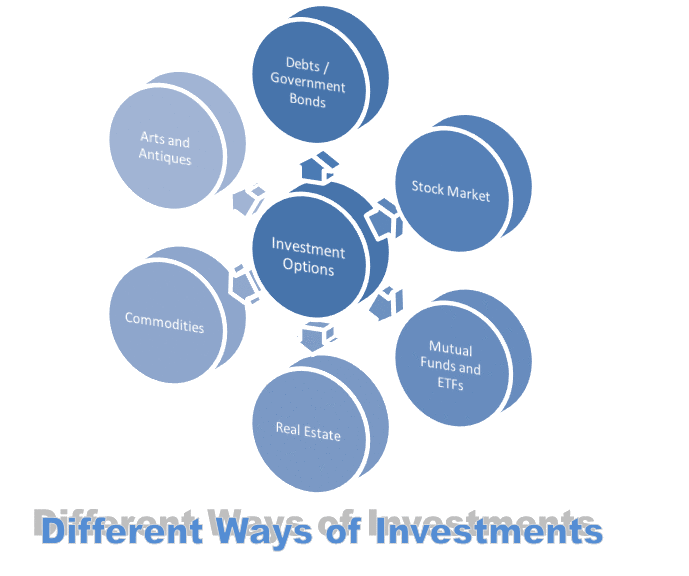Learning how to invest in stocks is equally important. This means learning about several investment vehicles, each with its own pros and cons, including individual stocks, mutual funds, exchange-traded funds (ETFs), and index funds. Moreover, spreading risk and enhancing overall stability can be achieved by assembling a broad investment portfolio. There is no defined answer for the question “When to start investing”. Only correct answer for this question is “As early as possible”. You should not under-estimate the power of compounding mathematics. Before that you should know when and how to invest in stocks.
Stock investing can be rewarding, but there are risks and uncertainties involved. For both novice and seasoned investors, knowing when and how to buy stocks is essential. While there isn’t a single stock market investment strategy that suits everyone, individuals can benefit from understanding fundamental concepts and methods. These can aid in making well-informed choices tailored to their risk tolerance and financial goals.
Few of the Most Popular Pros and Cons of Investment Ages
When making investments in the stock market, timing is crucial. Returns on investments are greatly impacted by timing of entry into the market. However, because markets are impacted by a wide range of unpredictable elements like economic statistics, geopolitical events, and investor moods, trying to time the market perfectly is a challenging undertaking. Rather, investing with a long-term perspective and emphasizing the principles might help lessen the risks related to market timing.
1. When you plan to investment early in your young age (between 20-30 Age), You can aim toward higher risk tolerance capacity for higher returns.
2. More you delay your investment plan (between 30-40 Age) you will require more investing capital to achieve the financial targets.
3. If you fail to develop your investment road map at early age then it is more likely that you will fail to build investment road map at later age.
Strategy on When and How to Invest in Stocks?
Let us take an example of compounding interest to understand better. Suppose you have drafted your diversified investment plan about how you wish to invest in stocks as below with expected returns as 17% year after year. Let’s observe how returns would differ with the age of investment.
| Stocks | Category | Sector | Allocation | Expected Returns |
| Sun Pharmaceutical Ltd. | Stock | Pharma | 40% | 25% |
| Asian Paints Ltd. | Stock | Consumer goods | 20% | 20% |
| Infosys Ltd. | Stock | I.T. | 20% | 15% |
| Government Bonds | Fixed Income | Bonds / Debts | 20% | 9% |
| Average Expected Returns per annum: | 17% | |||
Example-1: Assuming that you have plan to invest in stocks Rs.10,00,000/- (around $15,000) at the age of 25 years. You intend to retire at 55 years old. This means you will remain invested for the next 30 years without adding any additional contributions. With compounding interest of 17% annually over this period, you’ll accumulate Rs. 11,10,64,650/- (approximately $16,65,970) for your retirement, a substantial sum.
Example-2: Assuming that you have plan to invest in stocks Rs.10,00,000/- (around $15,000) at the age of 45 years. You plan to retire at the age of 55 years without any further investment plans, which means you will stay invested for next 10 years. Compounding interest of 17% year on year for 10 years will result you Rs.48,06,828/- (around $72,102) amount of cash for your retirement which does not look attractive at all.
Conclusion
Investors should also examine their investment objectives, risk tolerance, time horizon, and financial status before making any investment decisions. To become a smart investor, implement your investment plans early. This action facilitates a larger amount for your retirement and enables you to retire at an early age with peace of mind.
Conduct careful research, stay up to date on market developments, and seek advice from financial professionals. These steps can all help you make intelligent investing decisions. Hope this article on when and how to invest in stocks was helpful to you.
Read E-Learning Tutorial Courses - 100% Free for All
Basics of Investing for Beginners
- Chapter 1: What is Investment and its objectives?
- Chapter 2: Why is Investment important for Economic growth?
- Chapter 3: Ways to Invest your Money and Make Profit
- Chapter 4: Best Investment Opportunities for your Retirement Income
- Chapter 5: What are the Legal Matters you should know before Investing?
- Chapter 6: Different Types of Investment Risks Involved in Investing
- Currently Reading: When and How to Invest in Stocks?
- Chapter 8: How Positive Attitude can improve your Investing mindset?
- Chapter 9: Should you Borrow Money to Invest in Stock Markets or Funds
- Chapter 10: 5 Rules of Thumb - To be consider before making Investments
- Chapter 11: How to Calculate Stock Market Returns and Break Even Point?
- Chapter 12: How to Calculate Compound Interest and Simple Interest?
- Chapter 13: Rule of 72, 114 and 144 of Compounding Interest formula
- Chapter 14: What is the Difference between Trading, Investment and Speculation?
- Chapter 15: How to become a Smart Investor or a Successful Investor
- Chapter 16: Tutorial Quiz – Basics of Investing for Beginners Module







